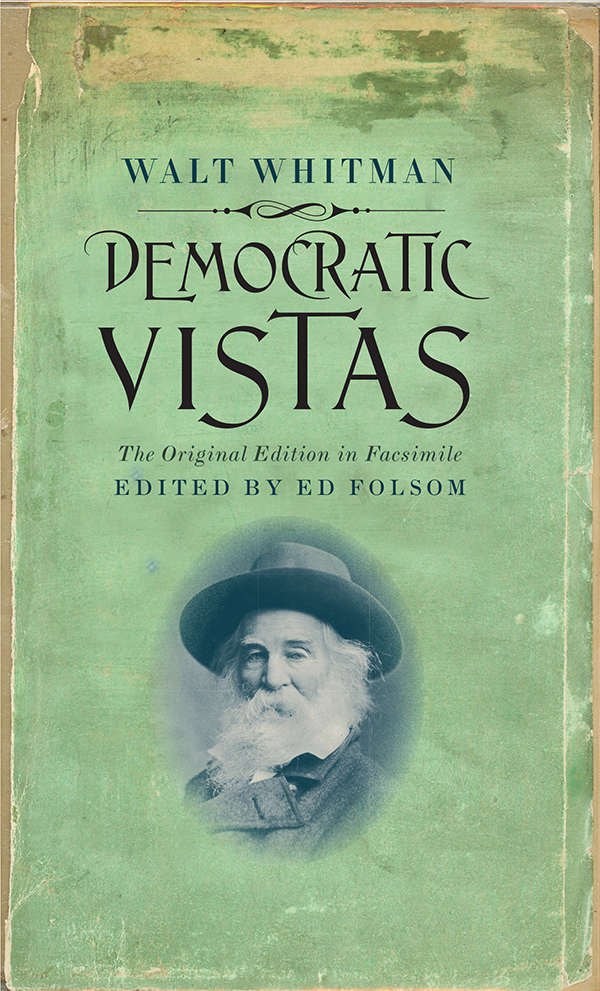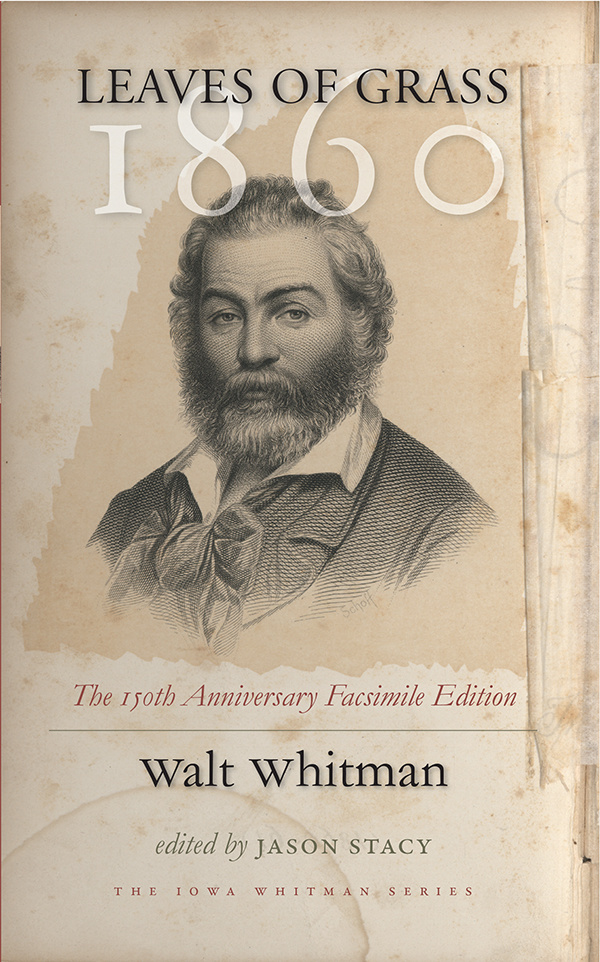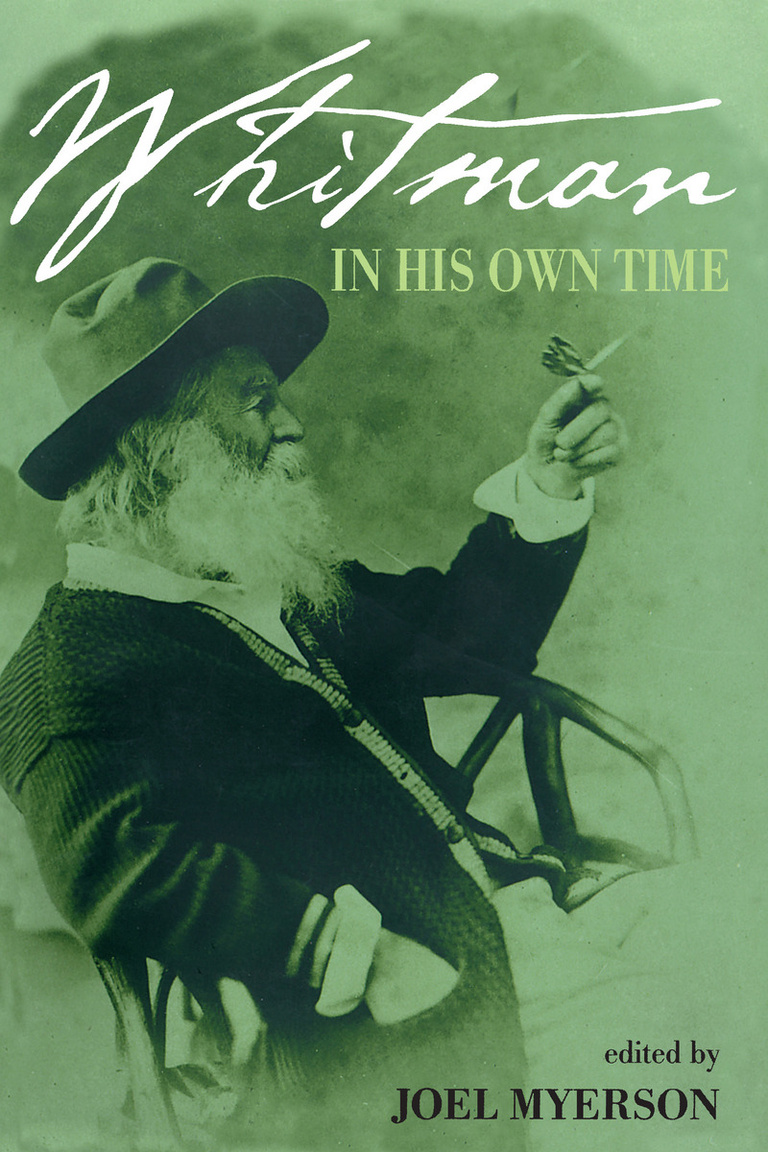Written in the aftermath of the American Civil War during the ferment of national Reconstruction, Walt Whitman’s Democratic Vistas remains one of the most penetrating analyses of democracy ever written. Diagnosing democracy’s failures as well as laying out its vast possibilities, Whitman offers an unflinching assessment of the ongoing social experiment known as the United States. Now available for the first time in a facsimile of the original 1870–1871 edition, with an introduction and annotations by noted Whitman scholar Ed Folsom that illuminate the essay’s historical and cultural context, this searing analysis of American culture offers readers today the opportunity to argue with Whitman over the nature of democracy and the future of the nation.
Living in Washington, D.C., where Congress granted male African Americans the right to vote nearly five years before the fifteenth amendment extended that right across the nation, and working for the office charged with enforcing the new civil rights amendments to the Constitution, Whitman was at the volatile center of his nation’s massive attempt to reconstruct and redefine itself after the tumultuous years of civil war. In the enduring cultural document that Democratic Vistas has become, the great poet of democracy analyzes the role that literature plays in the development of a culture, the inevitable tensions between the “democratic individual” and the “democratic nationality,” and the corrosive effects of materialism on the democratic spirit.
His own conflicting racial biases notwithstanding, Whitman in Democratic Vistas offers his most eloquent and extended articulation of the beckoning American democratic future. At a time when the nation has elected a president whom Whitman could never have imagined, his controversial and provocative book is a timely reminder of those occasions when we experience the expansion of America’s democratic dream.
“Democracy, Walt Whitman felt, was a job for poets, and in Democratic Vistas he writes of democracy as eternally becoming, as a promise whose motivating power—nurtured by a democratic literature—could cause its own potential to grow greater with each generation. In his meticulous annotations and engrossing introduction, preeminent Whitman scholar Ed Folsom has reframed Democratic Vistas for the twenty-first century, offering us new angles on the poet himself as well as on this essential American document. This is a major gift to American letters.”—Cole Swensen, editor, American
Hybrid
“By an extraordinary feat of scholarship and interpretation, Ed Folsom’s new edition of Democratic Vistas presents this difficult work, troubled yet ecstatic, as something of great significance to our own times. With its historical notes and annotated bibliography and the important new scholarship in the introduction, this edition offers both context and tools for analytical interpretation. Folsom has the courage and the scholarly wherewithal to pose the essay’s ringing affirmations of equality and freedom against its shocking failure even so much as to mention the nation’s black population, especially the masses of newly freed ex-slaves. The omission of African Americans from this otherwise eloquent screed on behalf of democracy by the nation’s ‘poet of democracy’ leaves a gaping hole. Scholars and other readers have typically closed their eyes to the implication of this absence, the unavoidable implication of racism; Folsom’s introduction now makes it impossible to ignore this negative moment within the agonized dialectic of Whitman’s thought. Forthright recognition of this deep failure, as Folsom lucidly and humanely shows, makes this work of the era of Reconstruction (also unmentioned by Whitman) all the more cogent and vital for readers today.”—Alan Trachtenberg, Yale University
Acknowledgments vii
Abbreviations ix
Textual Note xi
The Vistas of Democratic Vistas:
An Introduction by Ed Folsom xv
democratic vistas
Annotations 85
Selected Bibliography of Works
about Democratic Vistas 135



